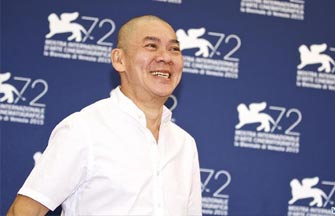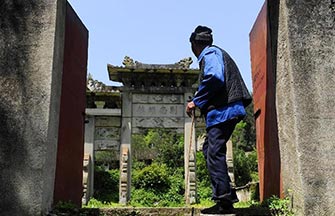Upcoming documentary on Sino-US relations
By Wang Kaihao ( China Daily ) Updated: 2015-09-17 08:08:16
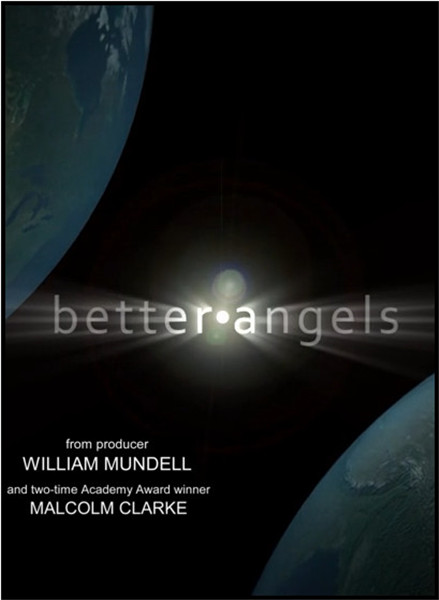 |
|
The documentary is set to be released in 2016. [Photo provided to China Daily] |
"For many Americans, China is the new 'land of milk and honey (promised land)'. In spite of obstacles, our ordinary characters find ways to resolve the issues by staying open-minded."
When Chinese entrepreneurs took up the opportunity to build a plant for copper wires in Thomasville, Alabama, a town with almost no investment in the past 45 years, the area's long-unemployed people also had their lives transformed with jobs there.
"It's a great illustration that not all Chinese investment leads to the loss of jobs in America. Chinese investment can be enormously beneficial for America. It doesn't always take things away. "
That is perhaps why William Mundell chose Malcolm Clarke, an Oscar-winning British director, who is known for his short movies on individual subjects, to helm this documentary.
"All the recent summitry, the endless conferences, the elaborate studies on cooperation did little to move the needle on the US-China relationship. I think that is because we had been putting the cart before the horse," he says. "No one was really addressing the infrastructure of the relationship, by which I mean Chinese public opinion on the US, and American public opinion on China.
"Our objective in making this film is to shatter the myth that Americans have about China and vice versa, to open hearts and minds."
The movie is expected to be a different take on the well-known story of China's rise and its impact on the US and the global economy through the voices of ordinary people, who have been missing from many mainstream media reports on the subject, he says.
"I want Chinese audiences to know that a large segment of America is still open and welcoming (China), notwithstanding what many may hear through the press and political establishment in both countries," William Mundell says.
"For the American audience, we want to introduce a China with a substantial similarity with their frontier past: China may have a greater appetite than America to take risks (today), and because of that, we should embrace China more aggressively to improve our own standing in the world."
William Mundell says today's political venues have limited effect on people's emotions, but films are different.
In 2010, Mundell produced a documentary, Gerrymandering. It is said to have helped pass reforms in California.
"Perhaps, Better Angels will follow the examples of these films and meaningfully change the political agenda between China and the US."
|
|
|
|
|
|
|
|




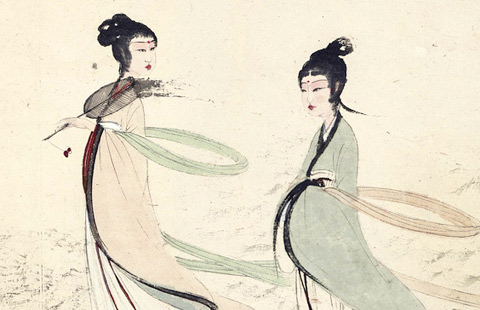




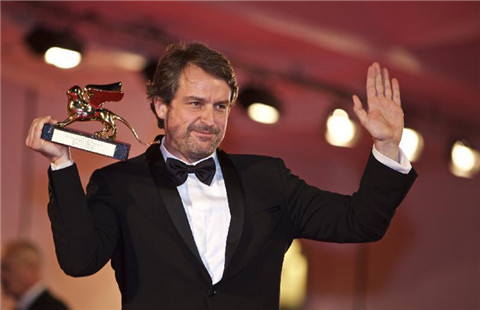








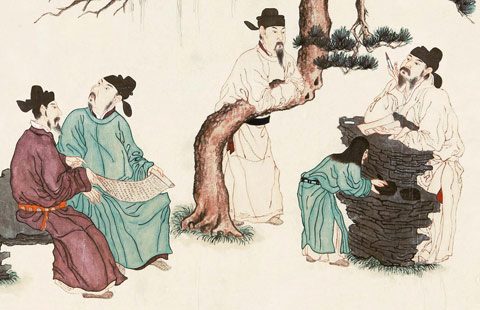




 Raymond Zhou:
Raymond Zhou: Pauline D Loh:
Pauline D Loh: Hot Pot
Hot Pot Eco China
Eco China China Dream
China Dream China Face
China Face

